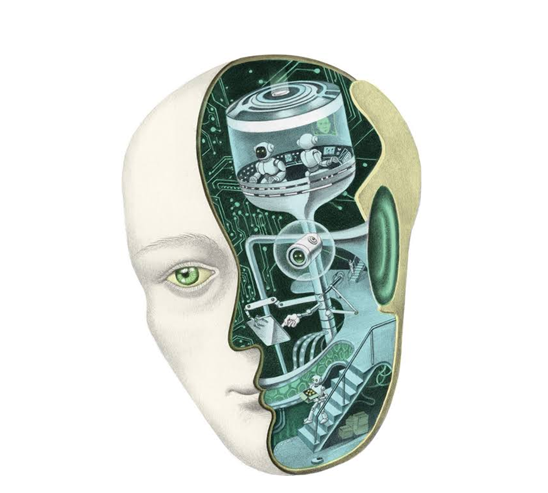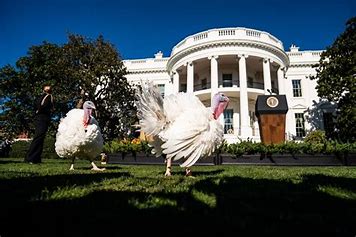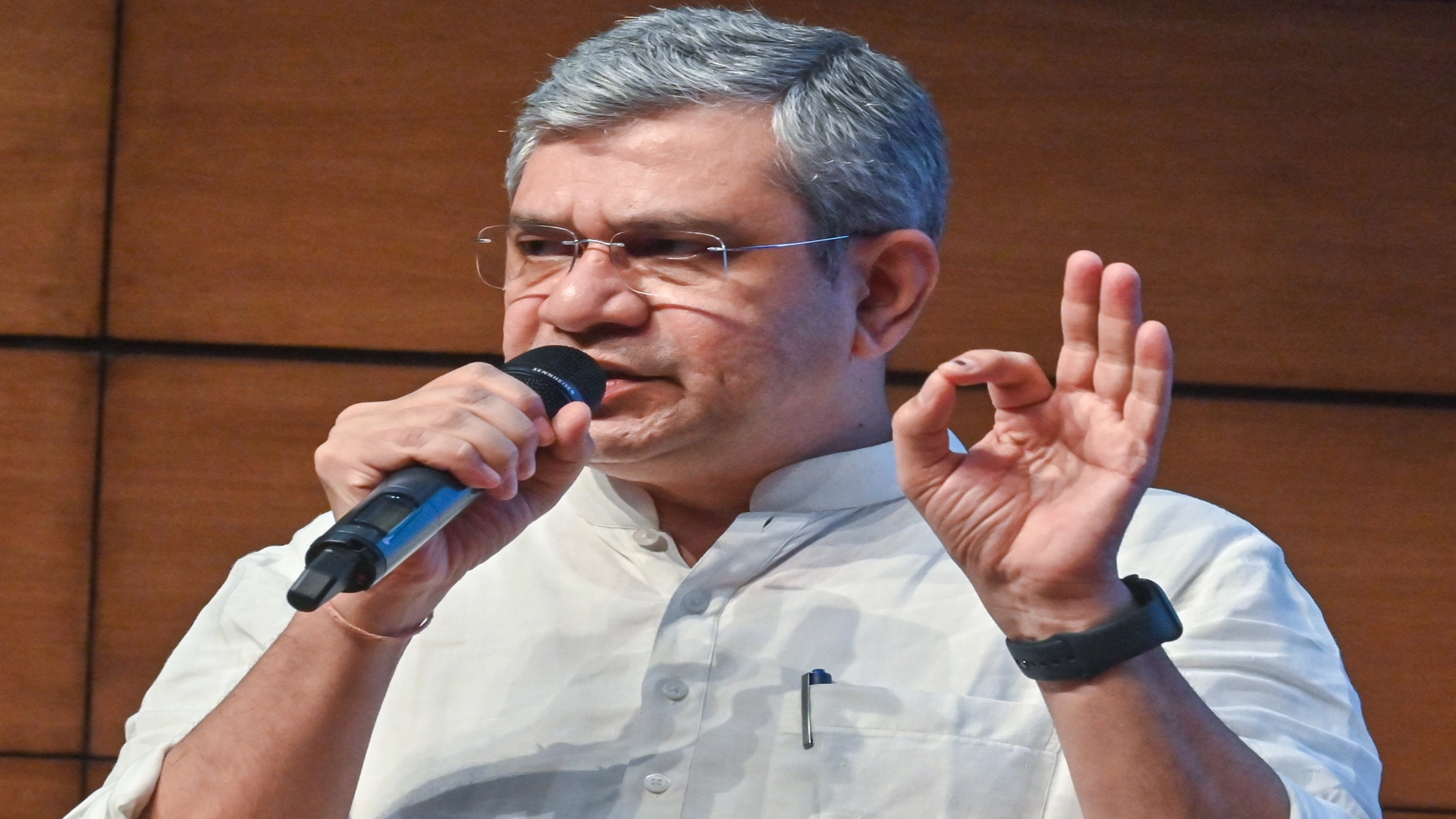
We often don’t get to choose our path in life. It’s already chosen for us. Chosen by someone we obey; by our circumstances; by our habits, by our morality; by our compulsions. Our life is hardly ever chosen by us. We are headed down a path in life, right in this very moment. Have we really chosen it out of free will?
Even those choices, which we believe come out of our free will, aren’t really our choices at all… Our choices arise out of the world we have grown up in. Our desires, our fears, our aspirations, our likes and dislikes, our inhibitions, our goals… all are out of our control. These have been fed to us from the moment we were born. We didn’t choose them out of our own free will. Everything – the Gods we worship, our loves, our hates, the colours we like, the clothes we wear, the food we eat, the songs we listen to… have all made us who we are today. All our choices are dictated by what we have imbibed since our birth.
So, do we really have free will? We believe we are free, because when we encounter a set of circumstances, we think we choose how to respond, and that we could have acted in a totally different way. However, we don’t stop to think about why we took the path we did. A lot of this is unconscious. We take actions without even realising that these are not out of choice, but habit- the window seat in an aircraft, the type of cuisine at a restaurant, even the toothpaste and the news channel.
Our brains become hardwired to everything. Our habits are like stories and drill routines that we act out over and over. These activities become default pathways and circuitry our brains naturally activate in ‘preset’ circumstances.
Zen teachings have a concept called shoshin, or the beginner’s mind which is about letting go of one’s preconceptions. In fact, there is a problem with becoming an expert in anything since the brain’s pathways cannot break out of preconceived notions and ideas. In the Bhagavad Gita, Krishna asserts, “Everywhere, it is the dispositions (gunas) of nature (prakriti) that perform all works. But deluded by egoism, man thinks, ‘I am the doer’.”
On the other end of the spectrum is the deluded man who believes that he needs to do absolutely nothing since the divine will take care of everything. There’s a Sufi story about such a man, who was walking through the forest. He came upon a fox lying at the bottom of a tree. On going closer, he realised that the fox had lost its legs. The man began to wonder as to how it survived. Suddenly, he heard a growl, and leapt behind the tree in fear. He saw a huge tiger walking towards him and began to tremble. The tiger ignored him and walked straight to the limbless fox and sat down near him. In the tiger’s mouth was some animal it had killed. The tiger ate its fill and got up, leaving the rest of the meat for the fox. The man was astonished and left a while later.
The curious man decided to go back the next day and saw that the fox was being fed by the same tiger. Soon, the divine spectacle disappeared. The man began to wonder at God’s greatness and said to himself, ‘God has sent me a message! I too should rest here, and the Lord will provide me with everything I need.’ He sat down, waiting for something miraculous to occur.
He waited there eagerly for many days, but nothing happened. He decided to go on an indefinite fast to test God, and eventually lay half-dead from starvation when he heard a disembodied voice laugh loudly and say, ‘O you foolish man! You have been created for far greater things. Open your eyes to what I have shown you! Stop imitating the fox and be like the tiger!’
Sit a while, and dissect your life choices. Try to find a single decision that you made out of your own free will. Did it make you happy? Suppose you could exercise your free will right now, would you continue to head down your present path of life? If not, what’s stopping you from changing your direction?
Deepam Chatterjee is the author of The Millennial Yogi. He can be contacted on deepamchatterjee@yahoo.co.in















